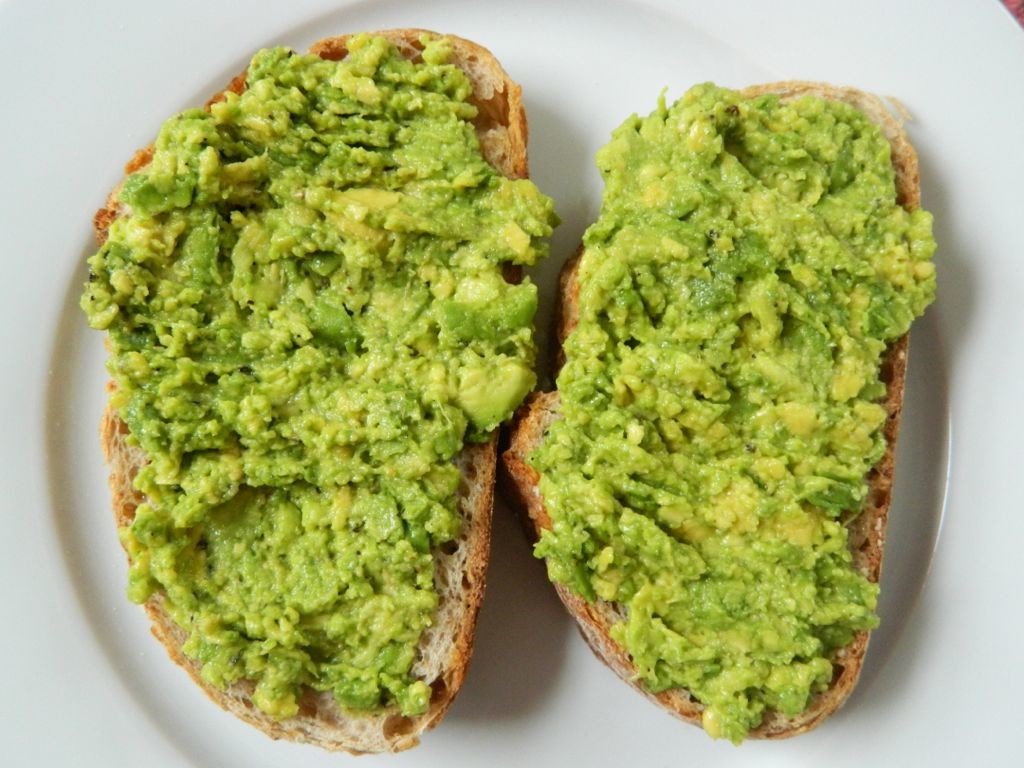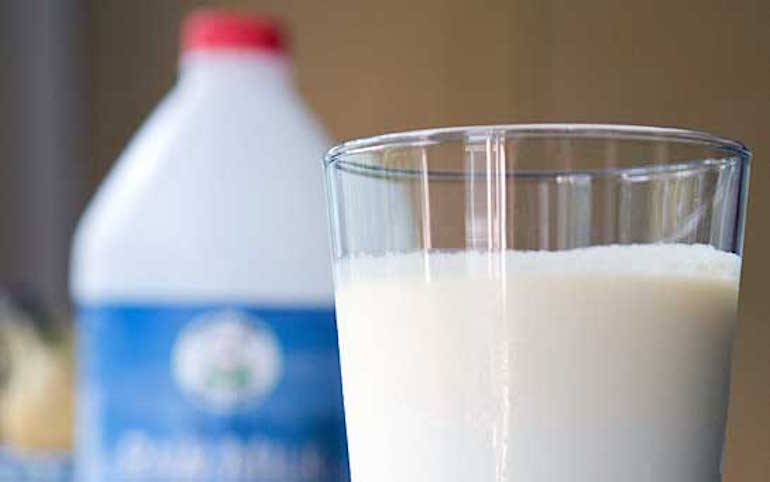Nutrition is constantly evolving and with new studies coming out all the time, foods we previously thought were good for us may turn out to be taking a toll on our bodies. Beware, these five nutrition myths may shock you and make you question your beliefs.
Eating fat will make you fat

Photo by Julia Maguire
It makes sense for people to think that eating fat will make them fat. After all, you are what you eat, right? Wrong.
Although it seems slightly counterintuitive, your body actually needs fat to burn fat. Increasing fat intake helps to train the body to utilize fat more efficiently as an energy source and to burn fat over carbohydrates. A diet high in carbohydrates does the opposite, impeding fat burning.
Foods advertised as low-fat, nonfat, or reduced fat generally have a higher carbohydrate content or added sugar. Carbohydrates are broken down into sugars in the blood, and the pancreas is stimulated to release the hormone insulin, which converts blood sugar into fatty acids, AKA fat that is generally stored in the abdominal region. You may want to rethink that low-fat diet if you are trying to work on your six-pack.
Drink orange juice if you’re sick

Photo by Jocelyn Hsu
While it is true that orange juice contains vitamin C which has been shown to reduce the length and severity of cold symptoms, orange juice contains loads of sugar. A single 12 oz. glass of orange juice contains a whopping 9 teaspoons of sugar and little to no fiber to slow down the absorption of that sugar into your bloodstream.
High blood sugar impairs vitamin C absorption, so all of that vitamin C in your orange juice isn’t doing your body much good. Sugar also slows down your immune system, delaying the process of getting over your cold.
If you are concerned about getting adequate vitamin C, you are better off eating a whole orange. This way you aren’t consuming any added sugar and you get the fiber from the actual fruit, plus an added dose of flavonoids which help to reduce the risk of getting sick (or getting sicker if you already have a cold).
Drink milk for strong bones

Photo courtesy of telegraph.co.uk
Recent studies have shown that despite milk’s high calcium content, it actually promotes calcium loss in the bones. When milk is ingested, it has an acidifying effect on the body.
Since calcium is an acid neutralizer, the body takes calcium from our bones (since our bones contain the highest concentration of calcium in our body) to neutralize the acidic effects of the milk, thus promoting bone loss. This calcium then ends up in our urine. Fascinating, right?
Further proof is found in statistics that show countries with the lowest dairy product consumption also consequently have the lowest bone fracture rates. While a number of other factors such as genetics and physical activity level may play a role in this phenomenon, it is safe to say that limiting your dairy consumption certainly will not hurt you.
Don’t get me wrong – I’m not suggesting that everyone should give up dairy cold turkey. I am saying, however, that we should be critical of the associations we have with dairy and health.
The best way to maintain bone density and prevent osteoporosis is to exercise regularly, eat a varied diet with adequate bone-building vitamins and minerals from fruits and veggies, and supplement with vitamin D (a crucial nutrient for bone health) if you are deficient in it.
Artificial sweeteners are safe sugar replacements

Photo by Katie Walsh
Not only are artificial sweeteners synthetic chemicals, but they have also been shown to cause more weight gain than actual sugar. The sweet taste of artificial sweeteners increases hunger regardless of its caloric content.
They also perpetuate cravings for sweets. People who ingest artificial sweeteners regularly have been shown to have altered activation patterns in the brain’s pleasure centers in response to sweet taste, signaling that artificial sweeteners may not satisfy these sweet cravings and, therefore, cravings for sweet foods will persist.
Since artificial sweeteners are foreign chemicals, they confuse your body and disrupt its natural ability to “count calories” and signal to your brain that you are full. While you may not be ingesting all of the calories in a normal coke by drinking the diet version, you will pay for it later.
Low-fat dairy products are the healthiest

Photo by Rachel Dyckman
Contrary to popular belief, full-fat milk is healthier for you than skim milk. Numerous studies including one published by The American Journal of Clinical Nutrition have shown that the consumption of full-fat dairy products plays a role in weight control and is actually inversely associated with weight gain compared to fat-free dairy.
A meta-analysis of 16 studies, published by the European Journal of Nutrition, also found that observational evidence does not support the assumption that dairy fat or high-fat dairy foods contribute to obesity or cardiometabolic risk. The reasoning behind these findings may be due to the fact that fat has a satiating effect, causing individuals who consume full-fat dairy to eat less than they would were they to consume fat-free dairy, which is less satiating.
The fatty acids found in dairy may also play a role in gene expression and hormone regulation, affecting how much energy your body burns and how much fat it stores.


